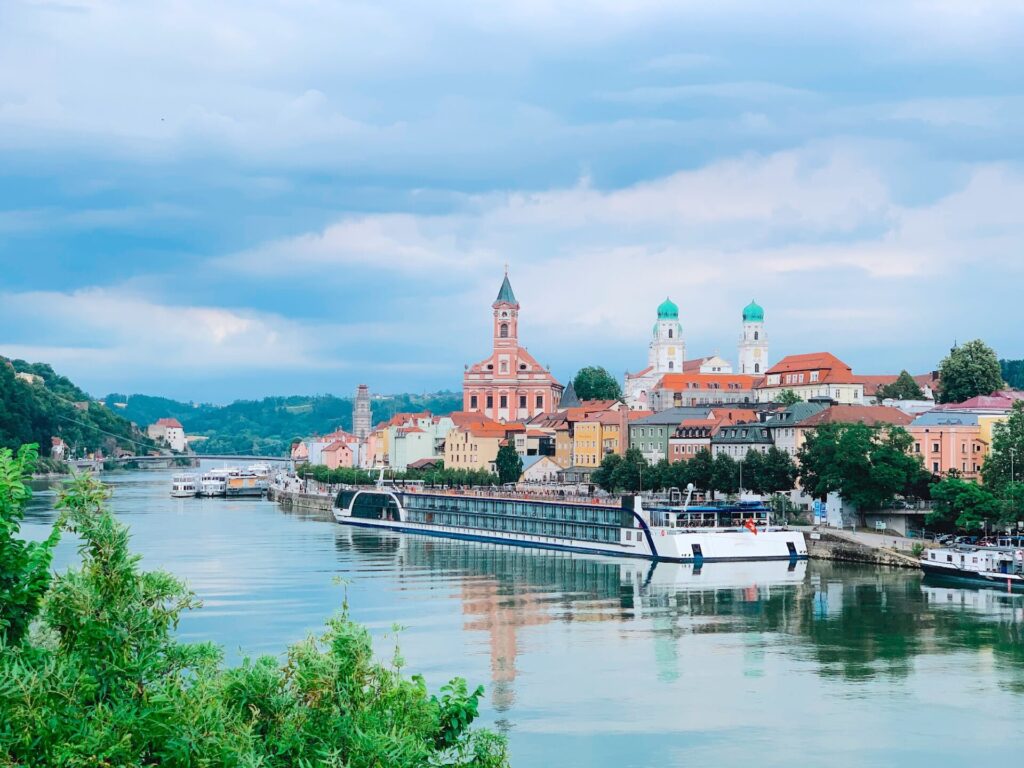There’s no better way to experience a new country than by feasting—and drinking—like a local.
Discover the local cultures and flavours along the Danube River with a Gems of Southeast Europe River cruise with AmaWaterways. Set sail along paths forged by conquerors and crusaders while you dine like a king, taking in all Southeast Europe has to offer.
This itinerary takes you down the lower Danube River through Romania, Bulgaria, Serbia, Croatia, and Hungary. You’ll step back in time as you explore the history and natural wonders. Plus, you can try traditional foods and local delicacies on board and off.
Here are the dishes and drinks you must try as you taste your way through Southeastern Europe.
Romania
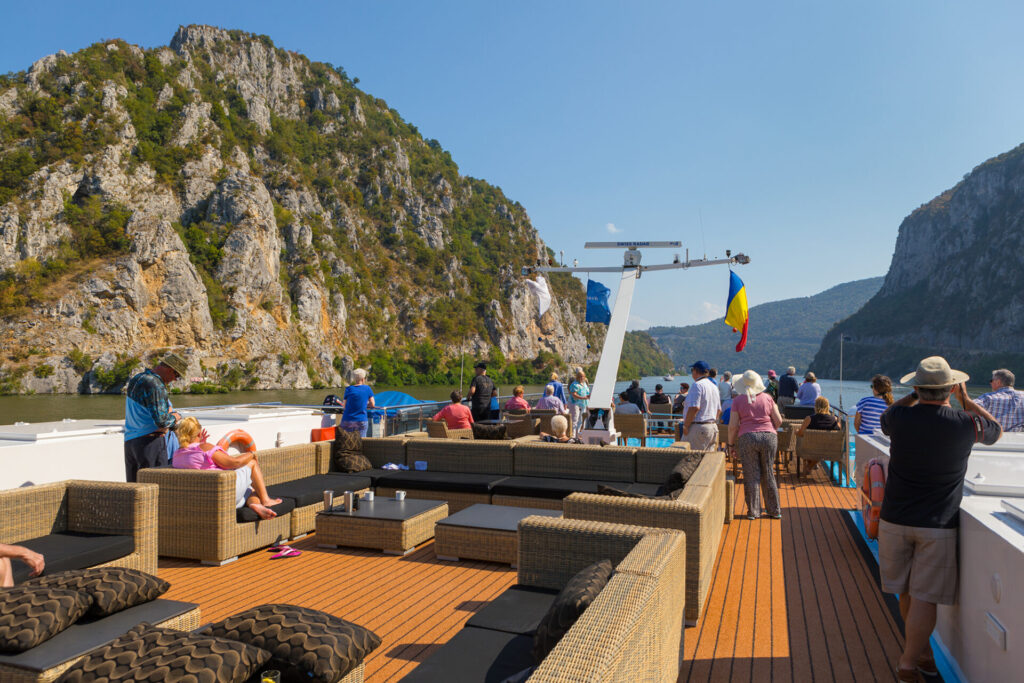
Get ready for an adventure like no other as you experience the coast of Romania. Explore the sights and cuisine of Romania as you sail through the Iron Gates. This nearly 134-kilometre stretch of the Danube is flanked by towering cliffs and narrow gorges, making this passage a must-see for all travellers. Known as the Iron Gates because of the iron dams that control river flow, these gorges mark the boundary between Romania and Serbia. On the Romanian side, take in Europe’s largest rock carving as the ancient Romanian king, Decebalus, watches over the Danube.
Beyond the views of the Iron Gates, stunning landscapes and vibrant culture prove Romania to be a spectacular destination. And the food is just as good as the views.
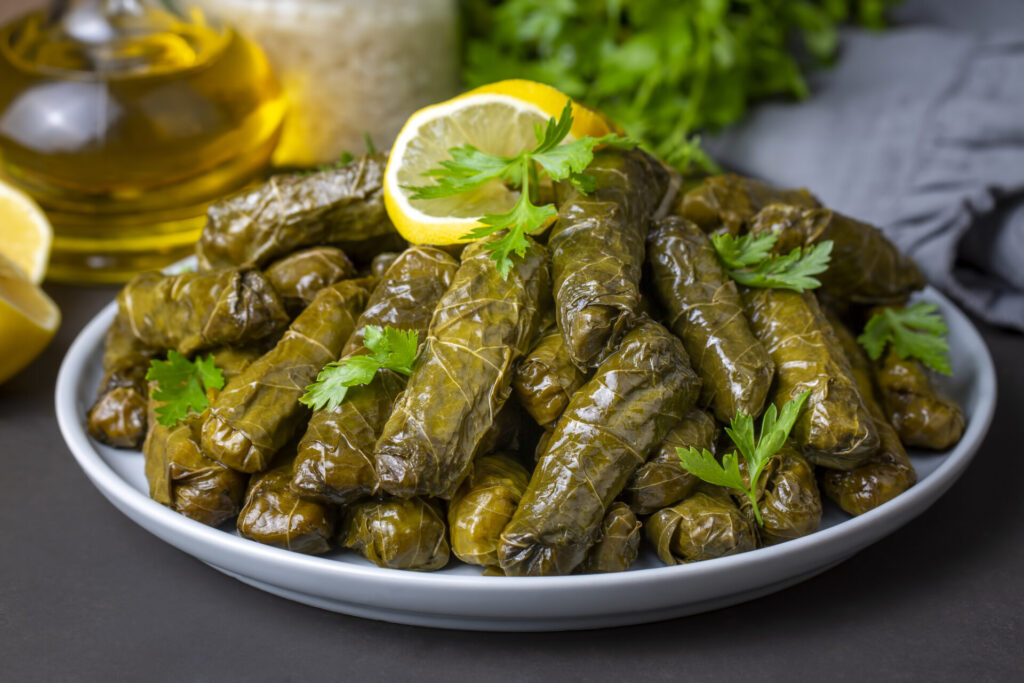
Romania is home to mouth-watering traditional foods like sarmale. Sarmale is typically served at big events like a cabbage roll, consisting of rice and minced meat rolled in sour cabbage leaves. Mici, a short sausage without casing, is a popular everyday dish in Romania to try on your voyage. Don’t forget to sample ţuica, a plum brandy that pairs perfectly with the local cuisine.
Bulgaria
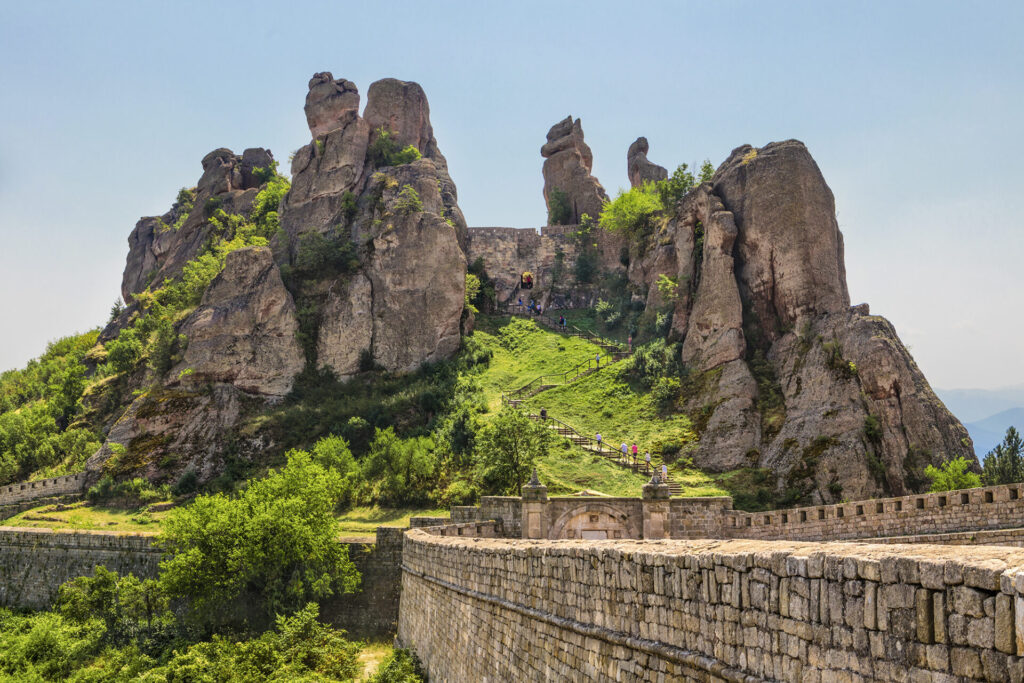
Exploring Vidin, one of Bulgaria’s oldest cities, is the best way to work up an appetite. Luckily, Vidin has a rich culinary scene that reflects the region’s traditional cuisine. Explore Vidin by foot, and visit the Baba Vida Fortress, Bulgaria’s largest preserved medieval castle. Then, try Kacahmak, a cornmeal-based dish like polenta or grits mixed with paprika and cheese.
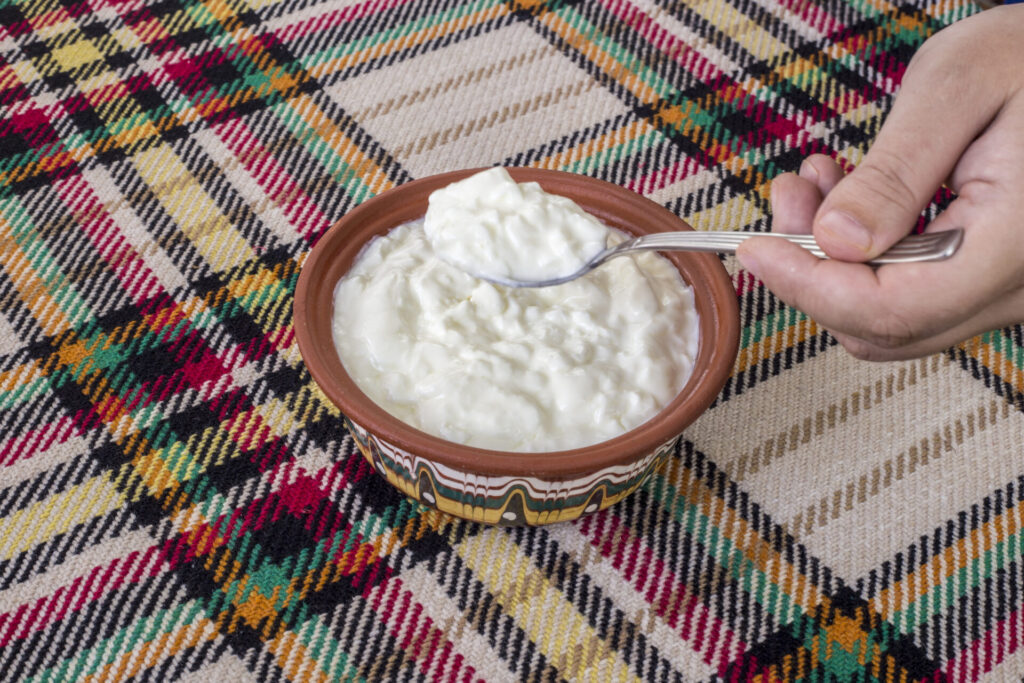
While in Vidin, you can visit a local home to see the hands-on process of making Bulgarian yogurt. You’ll even get to sample Banitsa as you try making the pastry.
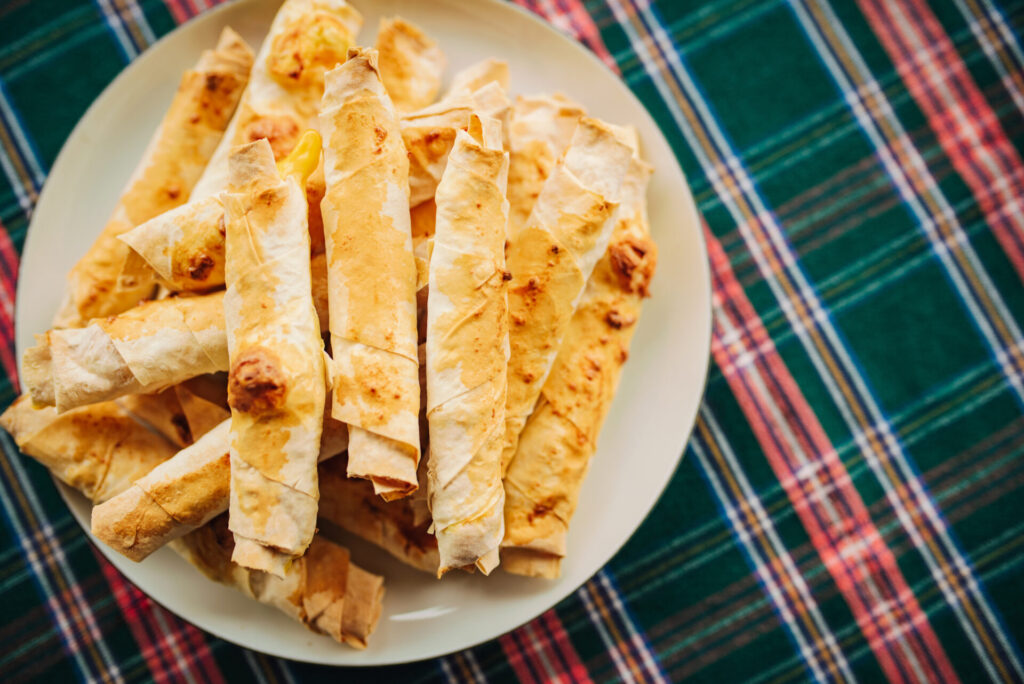
Banitsa is a local delicacy and is something you’ll find across the country and bakeries, coffee shops, canteens, and even bus stations. It’s a buttery, cheesy combination baked inside a fluffy pastry dough. However, to get the authentic Bulgarian food experience, you sip Rakia with your meals. Rakia is a fermented alcohol made from smashed fruits, sugar, and water and contains up to 60% alcohol.
Serbia
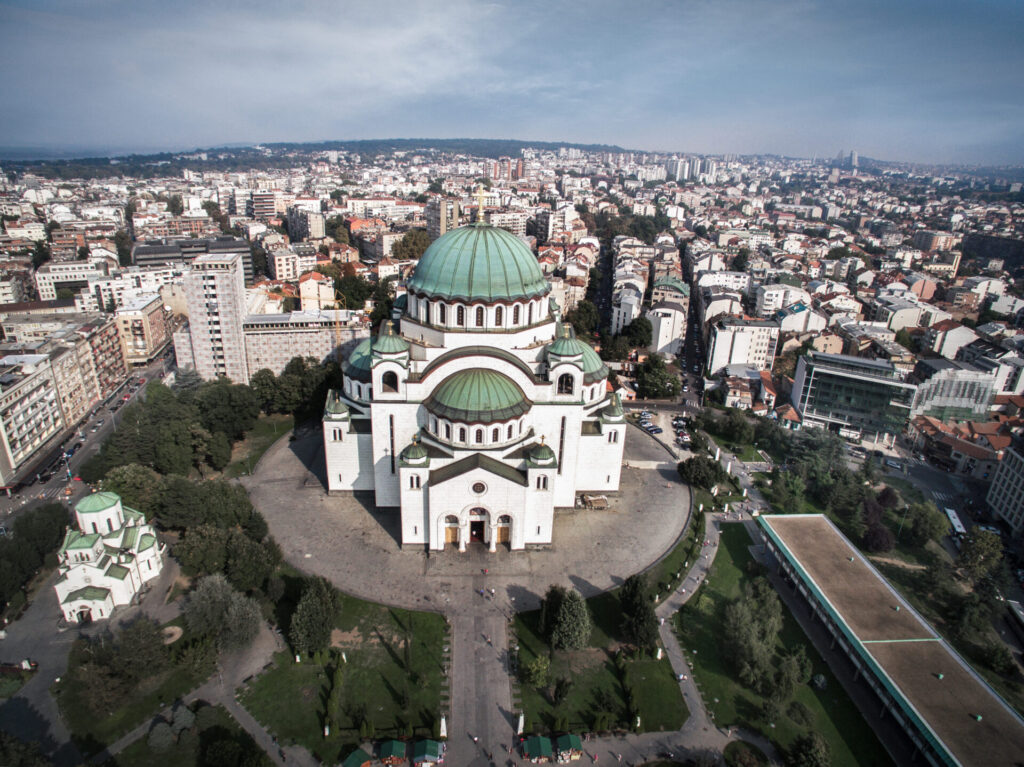
Serbia’s capital, Belgrade, is home to many landmarks and attractions. Discover the Cathedral of Saint Sava or the Nikola Tesla Museum to take in Serbian culture and history. But no trip to Belgrade is complete without sampling Serbian Brandies. With a Brandies of Belgrade tasting, sample plum brandies from across the region, including Slivovitz, which was designated as a piece of intangible cultural heritage (UNESCO).
Then, settle in for a lunch of Serbian food. One of the best and most favourite dishes of Serbians is called sarma. Much like Romania’s sarmale, Serbian sarma is made with minced meat and rice and wrapped in a pickled cabbage roll. This delicious meal is often served for either lunch or dinner. But if brandy isn’t to your taste, enjoy some Serbian wine. Serbia is famous for its Tri Boje Srbije Vino wine, which translates into three colours of Serbia Wine.
Croatia
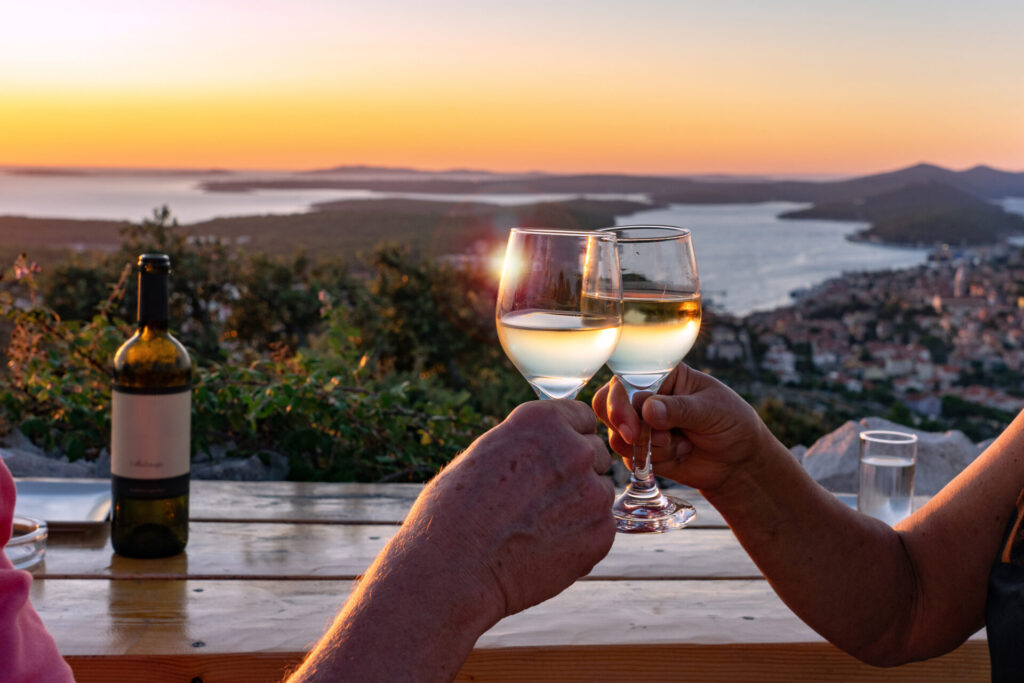
Explore the vineyards and wineries of Ilok, a wine-making hub in Croatia dating back to Roman times. Sample infamous wines such as Grasevina and Traminac. Croatians are known to mix their wine with water, calling it ‘bevanda,’ or mixing with sparking water, calling it ‘gemist.’
No trip to Ilok is complete without enjoying Ilocki cevap. This dish originates from Ilok and consists of layered pork loin, tomatoes and peppers, and gravy is usually served with restani krumpir (coarsely mashed potatoes with onions and paprika).
For an authentic traditional dish in Croatia, try Zagorski štrukli. This dish is made with a dough filled with cottage cheese, butter, eggs, and sour cream and is considered a dessert when you add sugar. Plus, it can be eaten for any meal of the day – appetizer, snack, main dish, or dessert.
Hungary
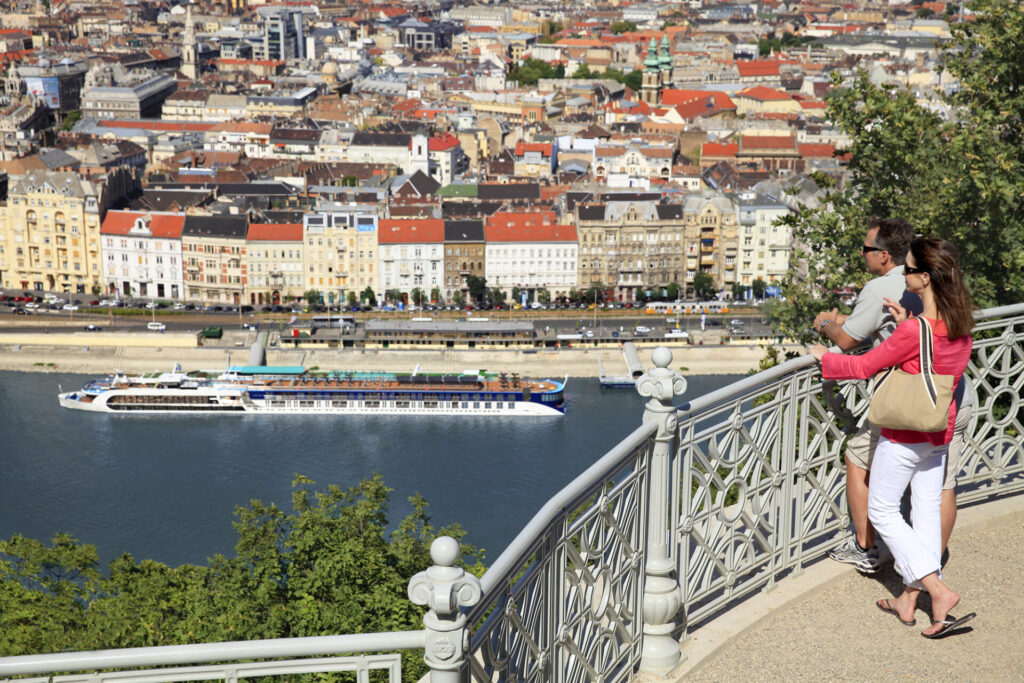
For the foodies exploring Hungary, you will enjoy your stop in Mohacs. Known for its vibrant food scene, Mohacs is one of the best places to experience and indulge in rich Hungarian dishes.
Gulyás, or in English, goulash, is Hungary’s national dish. It’s a spicy meat stew containing lots of paprika and pepper. The most constant drink of choice for Hungarians is called unicum. Unicum is an herbal liqueur with over 40 herbs and spices aged in oak.
Wine connoisseurs will love the chance to explore the Szekszard wine region. As Hungary’s oldest red wine-growing region, Szekszard’s wine-making history dates to Roman times and produces fragrant red varieties like Kekfrankos and Kadarka.
Be a culinary tourist
Are you ready to taste your way through Europe? Book an appointment with a CAA Travel Consultant to start planning your AmaWaterways cruise through Europe today.

